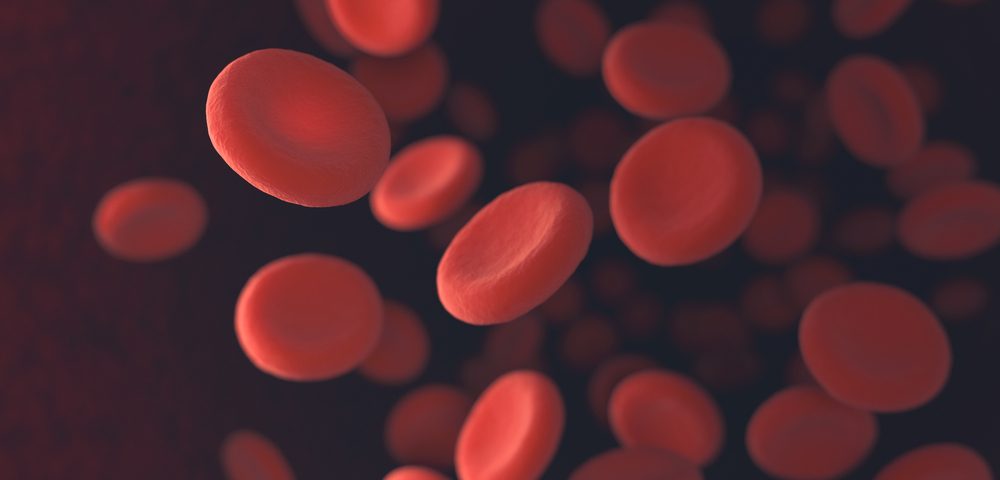An oral iron formulation composed of ferric citrate shows potential as a treatment for anemia in patients with iron deficiency associated with chronic kidney disease (CKD).
The study, “Effects of ferric citrate in patients with non-dialysis-dependent-chronic kidney disease and iron-deficiency anemia,” was published in the Journal of the American Society of Nephrology (JASN).
Patients with CKD often have anemia due to iron deficiency. The majority of these patients remain untreated, and those referred for treatment are limited to intravenous (IV) formulations of iron, currently the only approved therapy by the U.S. Food and Drug Administration.
However, IV iron administration is associated with certain risks, including anaphylaxis, a severe allergic reaction that needs to be treated right away.
Investigating potential alternatives, a team of researchers at Stanford University School of Medicine performed a randomized double-blind clinical trial with adults with CKD and iron deficiency anemia. They tested an oral iron formulation called ferric citrate and found it to be both safe and effective.
The study’s primary endpoint was defined as “the proportion of patients who achieved a ≥1.0 g/dl increase in hemoglobin at any time during a 16-week randomized period.” Hemoglobin is a protein in red blood cells that carries oxygen throughout the body and is the key protein that highlights a state of anemia.
In this Phase 3 trial, which lasted 16 weeks, 117 patients were randomly assigned to receive oral ferric citrate, while 115 received a placebo (the control group).
Researchers observed that while 52.1% of patients treated with oral ferric citrate achieved the trial’s primary endpoint, this same parameter fell to 19.1% in the placebo control group. The response with oral ferric citrate was found effective, with benefits starting within one to two weeks after beginning the treatment, and were long-lasting.
The most common adverse effects registered were diarrhea and constipation, but these occurred at similar rates between oral ferric citrate and the placebo group: 12.0% and 11.2%, respectively.
“Secondary endpoints related to correction of anemia and lowering of serum phosphate were also reached in ferric citrate-treated patients. In addition, exploratory endpoints showed improvements in other parameters of mineral metabolism in ferric citrate-treated patients,” Dr. Glenn Chertow, the study’s lead author, said in a press release.
“In patients with nondialysis-dependent CKD, we found oral ferric citrate to be a safe and efficacious treatment for iron deficiency anemia,” the researchers concluded.

